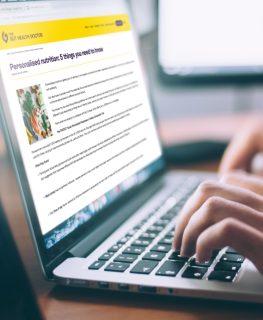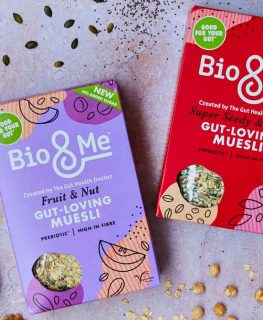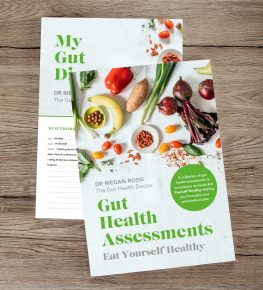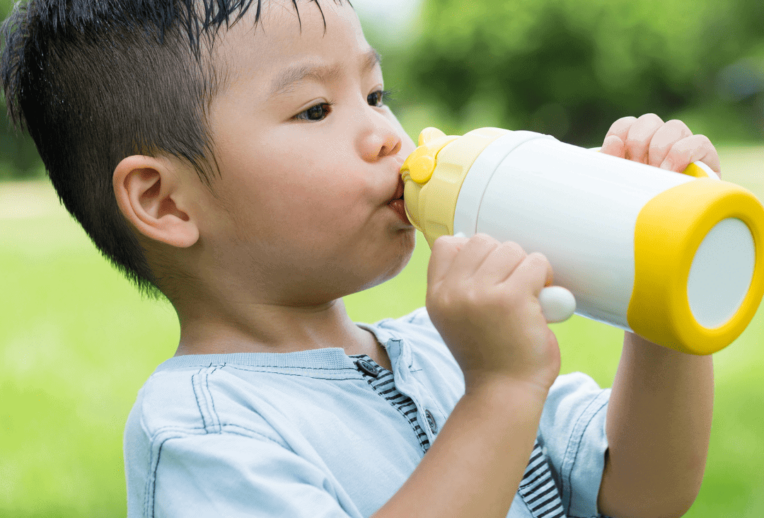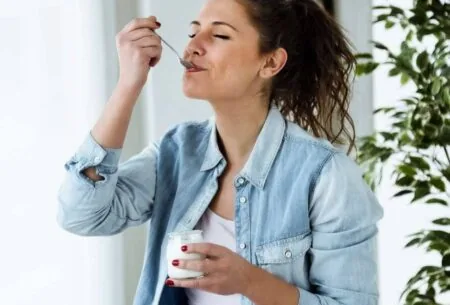Summer seems to have finally arrived in the UK! In this hot weather, ensuring little ones are drinking enough and hydrated is super important to keep them happy and healthy. See below for tips on how to make sure they are getting enough fluid whilst we are in this heatwave!
How much do they need
When we calculate fluid requirements in paediatrics, this is based on their weight and age.
Each day:
-
- Babies under 6 months of age need 150ml/kg
-
- Babies between 6 – 12 months of age need 120ml/kg
-
- Children over 1 year of age need 100ml/kg for their first 10kg of weight, 50ml/kg for the next 10kg of weight and then 20ml/kg for any weight above 20 kg.
For example – a 2 year old weighing 12 kg needs approximately 1100ml per day and a 7 year old weighing 25kg needs approximately 1600ml per day. This includes all fluids such as breastmilk/formula, milk or milk- alternative and water.
Do not worry too much about the numbers, as these are only a guide. Some may need more (if they are losing more fluid with increased sweating) and some may need less.
How to tell if little ones are hydrated
Keeping an eye on urine is the easiest way to measure how hydrated they are. If you notice they are passing urine less frequently (or a reduction in wet nappies), their urine is darker in colour or strong smelling, then increase the amount of fluid you are giving.
What to offer
Babies under 6 months can be offered breastfeeds more frequently or more frequent formula feeds. If your formula fed baby has taken their usual feed volumes and refuses any more, you can offer a small amount of cool, boiled water if you are worried they are becoming dehydrated. Their main fluid should always still be either formula or breast milk.
Although formula and/or breastmilk will be the main fluid until 12 months, babies from 6 months can be offered tap water at meal and snack times to top up their intake. Babies above 12 months of age and children should be offered drinks regularly throughout the day time and with mealtimes. Having their own water bottle and noting how many times it has been refilled during the daytime can be an easy way to measure how much they have had.





